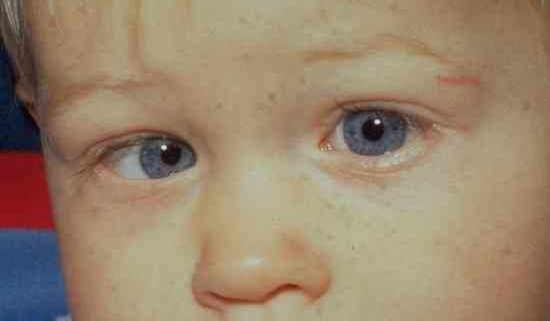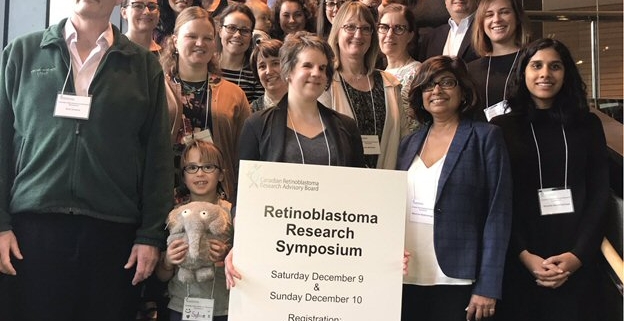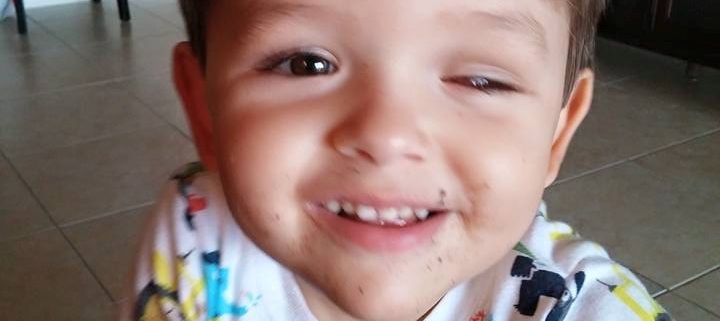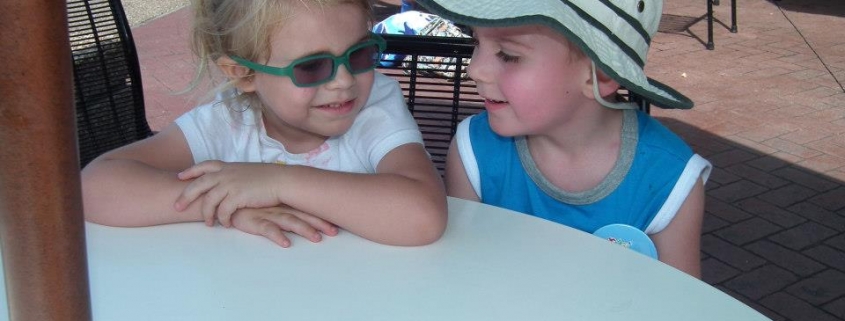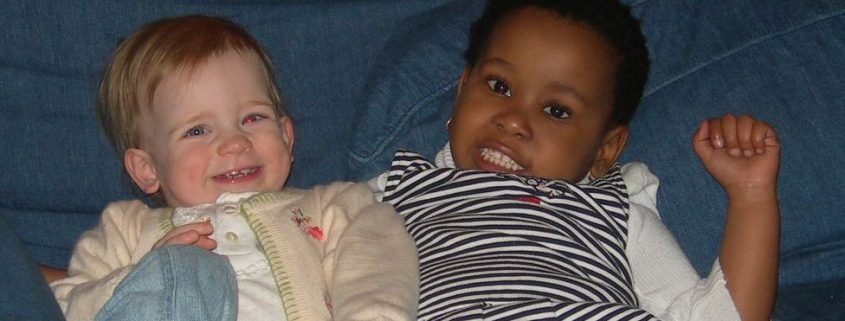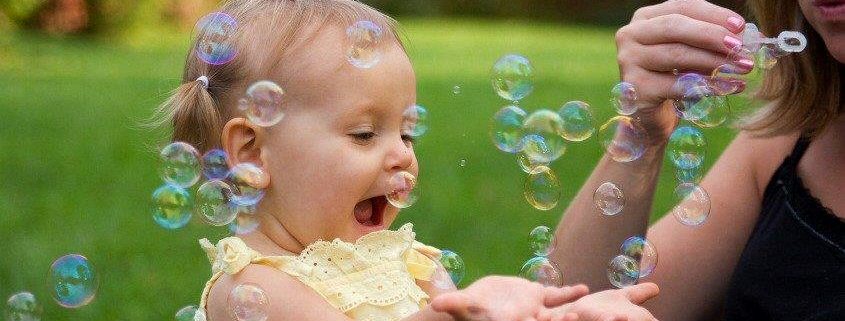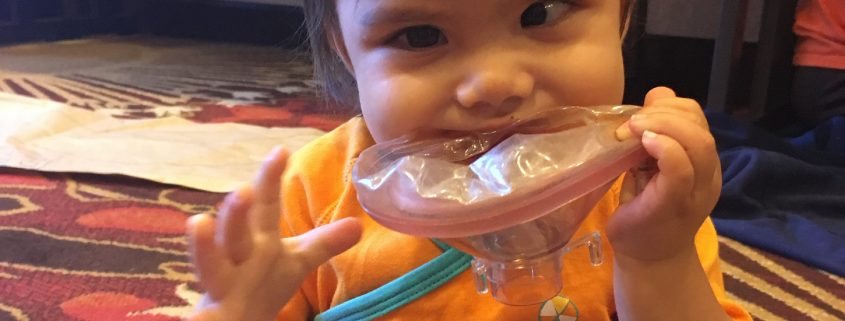8 Commonly Confused Retinoblastoma Terms, What They Mean and Why Getting Them Right Matters.
Do you know the difference between lazy eye and squint, or an ocular oncologist and a paediatric oncologist? Do you know when extraocular Rb becomes metastatic, or why trilateral Rb is neither of these? In Part 1 of a mini-series, WE C Hope CEO Abby White explains these and other terms, and why using them correctly is important.

